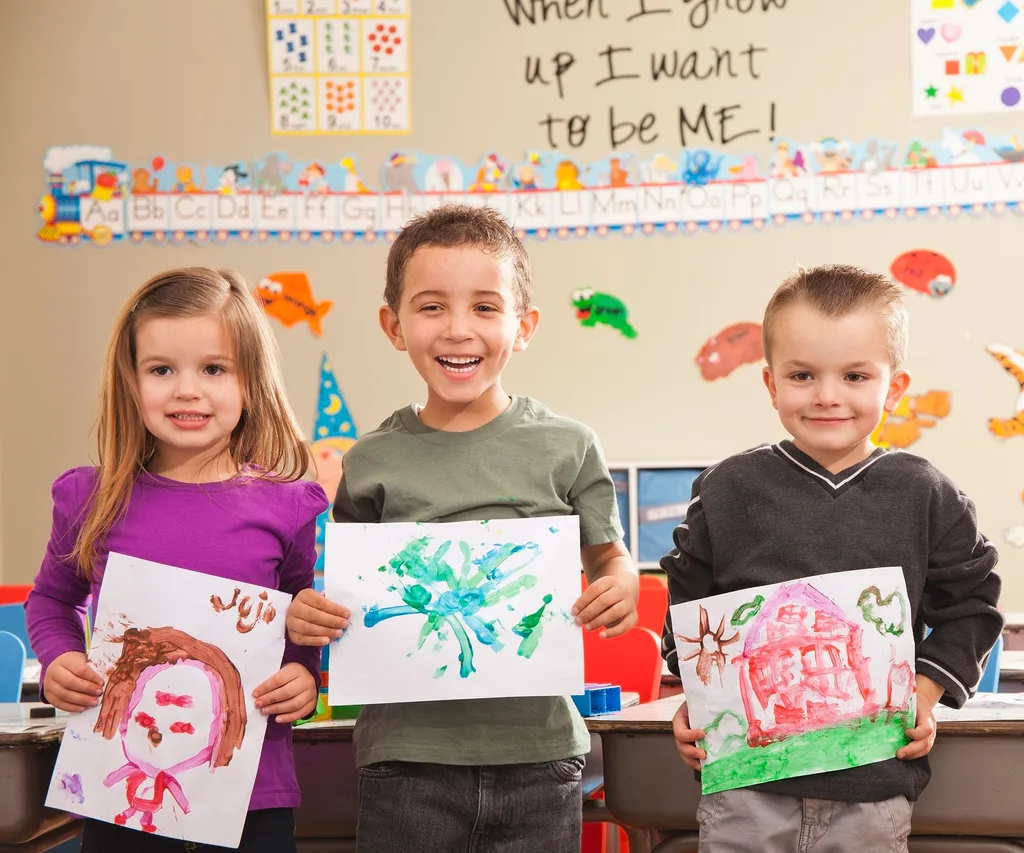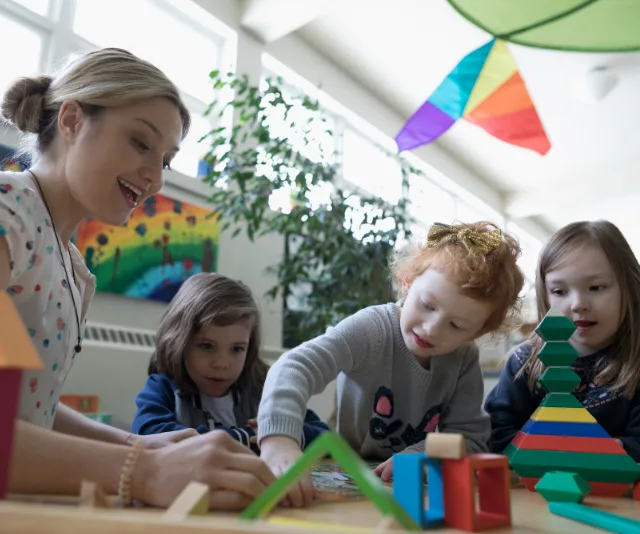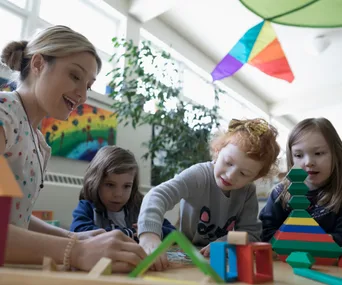By Jae Fraser, Managing Director, Little Scholars
Parents are realising that preschool is important to give their child a head start when it comes to formal schooling, and that means three-year-olds are being enrolled more than ever.
Parenthood is a labyrinth of choices and decisions that can be tricky to navigate.
Breastfeed or bottle-feed? Work or stay at home? Private or public school? The list goes on (for at least the next 18 years) and a decision about preschool is one of big decisions when I comes to your child’s education.
Recently spotlighted, thanks to Bill Shorten, is the question of preschool and the optimum age for children to start attending preschool.
After announcing a plan for a new policy to subsidise early childhood education for three and four-year-olds, Shorten stated, “All of the results show that children who are able to get two years of preschool education just do better in school.”
He went on to say, “The rest of the world has been moving ahead and been implementing universal access for preschool to three-year-olds. What we want to do is give Aussie kids the same chance.”

Studies have proven huge benefits for kids who get two years of preschool education
Why preschool is important
Global studies in this area have suggested huge benefits to exposing children to two years of pre-kinder education. With ninety percent of a child’s brain development occurring in their first five years of life, preschool helps to maximise growth during this critical window.
Some early key benefits include:
Increased curiosity and love of learning
Increased physical wellbeing through daily physical activity
Increased emotional wellbeing and early development of positive self-concept
Early social development and positive behaviour
Early development of trust in other children and adults
Early understanding of discipline and structure
Early development of writing skills
Improved foundational reading and numeracy skills
Later-life benefits include:
Decreased chance of needing government assistance
Decreased chance of leaving high school early
Less likely to commit a felony
More likely to go to university
More likely to own a home
Improved economic participation
Improved health outcomes
Improved family wellbeing

Increased emotional wellbeing and early development are a huge benefit of preschool education.
Based on these indicators, early education institutions across Australia are developing programs that cater to both 3 and 4-year-old children. Many facilities offer a school readiness program for children preparing for ‘big school’ while programs for 3-year-olds focus more on cultivating social and emotional skills.
Developed and run by tertiary qualified early childhood educators, three-year-old programs focus on fundamental areas such as sharing, turn-taking and participating in group settings. Some facilities, offer special innovative and developmentally appropriate extracurricular experiences like nature play, yoga, Japanese classes, cooking lessons and sports sessions, all delivered by experts in their field.
Through such variety and exposure to new concepts and skills, children are constantly challenged and encouraged to experiment as they learn. This positive risk-taking in a supportive and safe environment is a mentality that can stay with children far beyond the preschool years.
Furthermore, the growing independence that they experience by participating in such programs is invaluable to the development of their positive self-concept as increasingly autonomous and self-aware little people.
Story continues after video …
Furthermore, the growing independence that they experience by participating in such programs is invaluable to the development of their positive self-concept as increasingly autonomous and self-aware little people.
Ultimately, children with two years of preschool education prior to government endorsed kindergarten class are generally better prepared for the transition into formal schooling. Evidence shows that even moderate participation in preschooling leads to a greater likelihood that a child is equipped with the social, emotional and cognitive skills required to engage in learning and experience early academic success.


